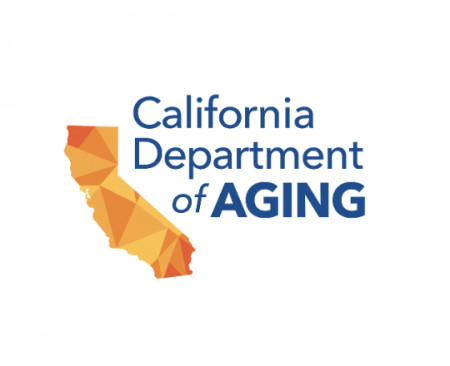California Department of Aging Awards $89 Million to Support Home and Community Caregivers

SACRAMENTO, Calif., February 2, 2023 (Newswire.com) - The California Department of Aging (CDA) today notified 78 organizations across California of CalGrows Innovation Fund grant awards, with a total of $89 million awarded to further the state's commitment to growing a resilient caregiver workforce. Grants were awarded to diverse organizations with innovative ideas to offer training and incentives for the direct care Home and Community-Based Services (HCBS) workforce and unpaid family and friend caregivers. The 78 grantees include non-profit organizations, universities and training providers, and for-profit organizations that will train the direct care workforce in all 58 California counties.
"CalGrows demonstrates the state's commitment to equity by helping develop a direct care workforce that is trained to provide culturally appropriate care to serve California's diverse population of older adults and people with disabilities," said Dr. Mark Ghaly, Secretary of the California Health & Human Services Agency. "We're looking forward to seeing these investments reach Californians in their homes and in community settings, and we expect the funding to benefit this highly valued workforce."
In the coming years, California will face a labor shortage of up to 3.2 million paid direct care workers. California's Master Plan for Aging (MPA), a 10-year blueprint to build a California for all ages and abilities, includes expanded supports for caregivers in its fourth bold goal, "Caregiving That Works." The CalGrows program delivers support for California's unpaid family and friend caregivers, as well as the paid direct care workforce, through training, incentives, and career pathway development. Programs will be offered throughout California starting this spring at CalGrows.org.
"The Master Plan for Aging is a shared vision of building a California for all, and CalGrows is an important part of that vision," said California Department of Aging Director Susan DeMarois. "The CalGrows Innovation Fund grant recipients will develop opportunities for both paid direct care workers and friend and family caregivers to expand their knowledge, skills, and career prospects, with the end result being high quality care for older adults and people with disabilities."
CalGrows Innovation Fund grantees will use funds to develop and scale training programs, provide incentives and stipends for completing training, offer career coaching, and provide advancement opportunities for home and community-based direct care workers. Direct care workers can include home care aides, care managers, dementia care specialists, activities coordinators, and more. Unpaid family and friend caregivers can also participate in training programs. This funding is a complement to other direct care workforce funding for In-Home Supportive Services (IHSS) caregivers provided by the California Department of Social Services and funding for Direct Support Professionals (DSP) through the Department of Developmental Services. The CalGrows program is specifically for non-IHSS direct care workers.
Awarding Innovation Fund grants is the first phase of the CalGrows program. The next phase includes the delivery of programs by Innovation Fund grantees, including free training, coaching, and up to $3,500 in incentives for home and community-based caregivers who work with older adults and people with disabilities. Visit CalGrows.org for more information.
About The California Department of Aging
Under the umbrella of the California Health & Human Services Agency, the California Department of Aging (CDA) administers programs that serve older adults, adults with disabilities, family caregivers, and residents in long-term care facilities throughout the State. These programs are funded through the federal Older Americans Act, the Older Californians Act, and the Medi-Cal program. CDA actively collaborates with many other State departments (and other entities) on transportation, housing, and accessibility, emergency preparedness and response, wellness, and nutrition, falls and injury prevention, improving services to persons with dementia, reducing fraud and abuse, and many other issues. To learn more, visit www.aging.ca.gov.
###
Source: California Department of Aging